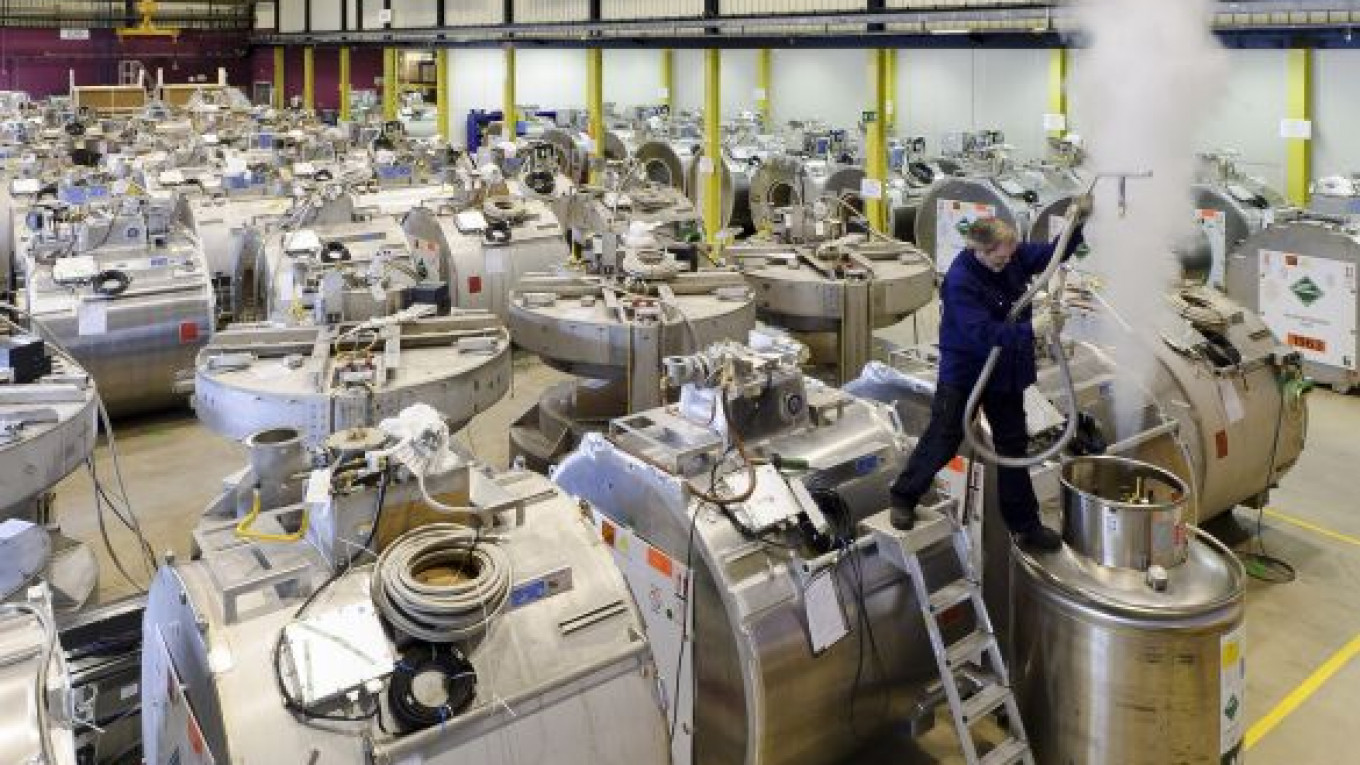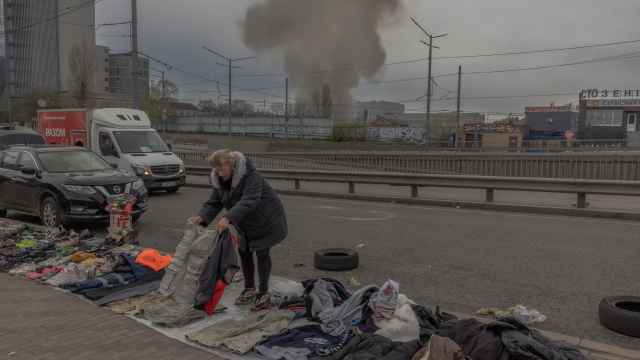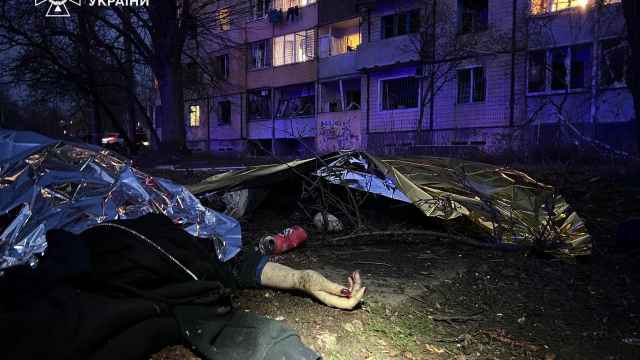As the United States sells its reserves from storage, Russia is weighing plans to become the world's biggest supplier of helium, the inert gas vital for medical scanners, welding tools and rocket fuel.
The remote, undeveloped gas fields in East Siberia are helium rich and could hold a third of the world’s remaining resources, said Vadim Udut, head of Geliimash, a Moscow-based helium research company that advises Gazprom.
While helium is the universe’s most abundant element after hydrogen, the supply on earth is limited to natural gas reservoirs. The United States, the largest supplier today, is selling a stockpile from the Cold War maintained by the Bureau of Land Management.
The U.S. federal bureau raised the price for open market crude helium by almost 16 percent to $75 per 1,000 cubic feet (28.3 cubic meters) for this year.
Global demand may rise 2 to 3 percent a year over the next five years, said Maura Garvey, director of market research at CryoGas International.
“Russia may take the place of the United States,” said Andrei Korzhubayev, a professor at the Russian Academy of Natural Sciences who helped draft the country’s energy strategy to 2030. “East Siberia can open the entry to that market.”
Today, Russia lags behind the United States, Algeria and Qatar, where ExxonMobil and industrial gas producers Linde Group and Praxair have invested in capacity. Qatar will open the world’s biggest production plant in 2013.
Russia may be able to catch up because its gas reserves hold a higher proportion of helium and the fields are close to Asian markets, where Garvey said demand is growing fastest.
Global demand may rise to about 300 million cubic meters a year in 2030 from 175 mcm now, Geliimash’s Udut said. Magnetic resonance imaging scanners used in hospitals are the biggest consumer of the gas.
President Dmitry Medvedev’s drive to transform Russia, dependent on energy exports, into a knowledge-based economy may expand the domestic market for helium. Medvedev has won commitments from international partners such as Cisco Systems and Nokia in his push to build the Skolkovo technology hub outside Moscow.
Gazprom will have to make a plan for helium when it starts natural-gas output at the Chayanda deposit in Russia’s Far East in 2016. The development plan, which Gazprom is preparing in the first half of the year, will lay out sites for a processing facility and how to extract, transport, store and sell helium.
Rosneft and other gas producers in the country are also drafting plans on how to utilize helium as they tap East Siberian deposits, Udut said.
Russia’s only helium facility, in Orenburg, close to Kazakh border, processes less than half the helium extracted at nearby fields, releasing the rest into the atmosphere, he said.
“The scale of the East Siberian program makes such practice senseless,” Korzhubayev said. “We need a government decision, a ban on release of helium and international experience.”
To make extraction profitable in Russia, the government must invest in storage capacity and guarantee helium purchases, Korzhubayev said. The amount of helium Gazprom could produce in East Siberia is more than the market can now absorb, Gazprom deputy chief executive Valery Golubev said.
“There are no other deposits like these,” Golubev said in November. “That is why it is important to keep this helium.”
A Message from The Moscow Times:
Dear readers,
We are facing unprecedented challenges. Russia's Prosecutor General's Office has designated The Moscow Times as an "undesirable" organization, criminalizing our work and putting our staff at risk of prosecution. This follows our earlier unjust labeling as a "foreign agent."
These actions are direct attempts to silence independent journalism in Russia. The authorities claim our work "discredits the decisions of the Russian leadership." We see things differently: we strive to provide accurate, unbiased reporting on Russia.
We, the journalists of The Moscow Times, refuse to be silenced. But to continue our work, we need your help.
Your support, no matter how small, makes a world of difference. If you can, please support us monthly starting from just $2. It's quick to set up, and every contribution makes a significant impact.
By supporting The Moscow Times, you're defending open, independent journalism in the face of repression. Thank you for standing with us.
Remind me later.






